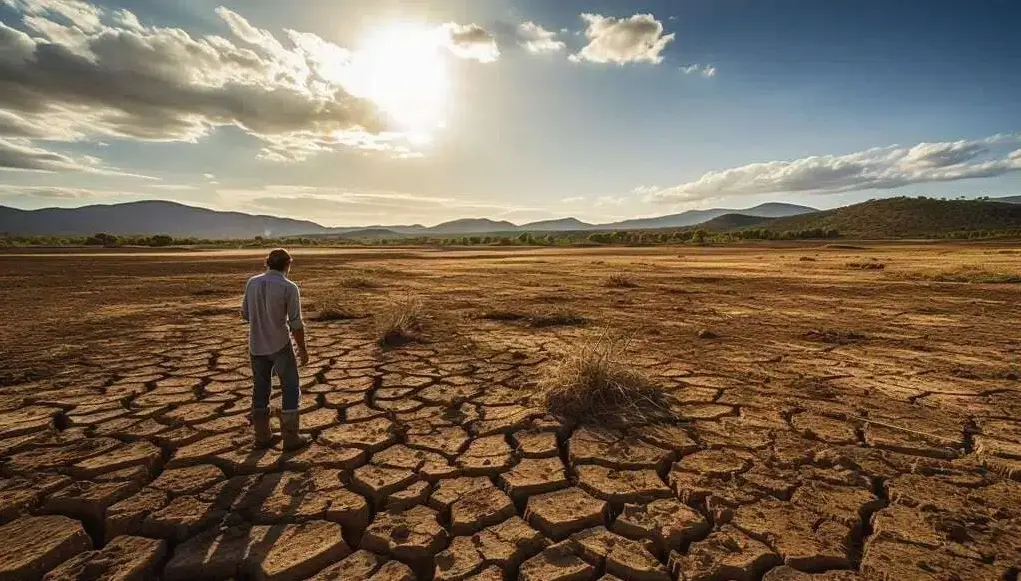Debates
Order by
The unpopularity paradox: when fighting corruption is more damaging than hiding it
Effective anti-corruption efforts bring to light schemes that were previously invisible, causing an artificial increase in the perception of the problem.
The political consequences of Cristina Fernández de Kirchner’s prison sentence
The Justicialist Party was destabilized ahead of the important parliamentary elections in October.
Drought, Climate Change, and Scientific Diplomacy: A Collective Response from Latin America
Drought is—and will continue to be—a threat, but we are not defenseless. With shared knowledge, strategic alliances, and scientific diplomacy, the region can not only mitigate its effects, but also lay the groundwork for profound transformation.
From Barrel to Branding: El Chavo del Ocho as a Strategy of Nostalgia and Market
In recent years, the incorporation of technologies such as deepfake has allowed the series to be reinterpreted in order to connect with new audiences.
The urgent need to reinvent democracy
If elections could eradicate corruption and solve the most pressing political and social problems, almost all Latin American countries would be developed.
Why do some fathers not take parental leave?
When father choose not to take the time granted to them by law to care for their newborn children, they send—intentionally or not—a clear message: that childcare remains primarily the responsibility of women.













